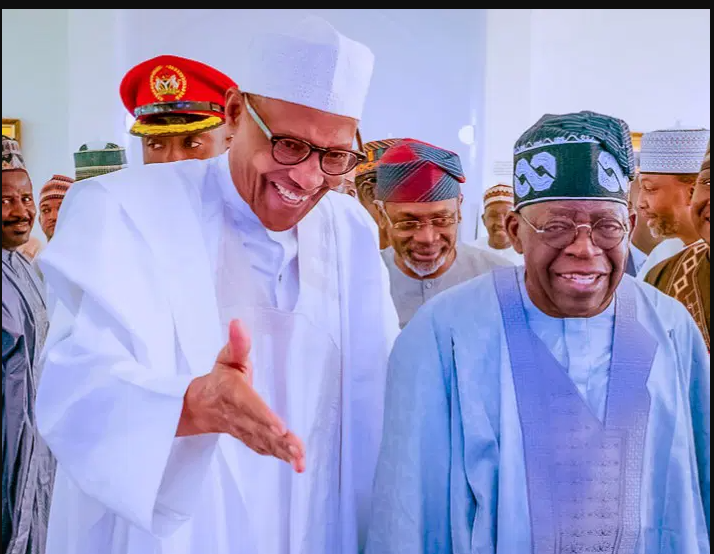Former Minister of State for Education, Chukwuemeka Nwajiuba, says in defence of the late former President Muhammadu Buhari’s decision to retain the controversial petrol subsidy during his tenure, saying it was a deliberate effort to protect the lives of ordinary Nigerians.
Speaking during an interview on Arise Television on Monday, Nwajiuba praised Buhari’s economic stewardship and humanitarian instincts, insisting that much of the criticism directed at the former president ignores the difficult global and domestic conditions under which he governed.
“He held subsidy so that Nigerians won’t die,” Nwajiuba stated, citing economic pressures and the need to cushion hardship for vulnerable citizens.
He further argued that Nigeria under Buhari survived multiple global shocks — including two economic recessions and the COVID-19 pandemic — and still managed to maintain relative economic stability.
“All the figures from every known publication in the eight years are clear. This is an economy that recovered from recession twice… an economy that he did exceedingly well in economic terms.”
The former minister also highlighted the Buhari administration’s record in exchange rate management, noting that the naira remained under N500 to the dollar at the time of Buhari’s exit in 2023 — a figure that has since soared under the current administration.
Referencing the high rate of deaths linked to transportation accidents and poverty-induced incidents, Nwajiuba said the Buhari-led government chose to absorb the cost of fuel subsidies to avoid triggering a humanitarian crisis.
“The number of deaths in the last two years alone has exceeded the number that voted. Just from tankers falling, people being burnt, going to look for food, and dying from it,” he said.
Nwajiuba also expressed concern about the country’s current economic trajectory, citing recent figures from the Manufacturers Association of Nigeria (MAN) which reported that 183 companies had shut down in the last two years — a sharp contrast to what he described as the relative stability during Buhari’s rule.
“Everything we did in mining, improvements in non-oil exports, improvements in oil exports, the idea behind condensates… are all articulated and can be verified,” he noted.
“He Was Only Human”
While defending Buhari’s record, Nwajiuba acknowledged that the former president was not perfect.
“He was only human. He didn’t have all the knowledge, but he gave his best. He was sincere and acted in the interest of Nigerians,” he said.
Buhari, who passed away on July 13, 2025, at a clinic in London at the age of 82, is remembered as a former military ruler (1983–1985) who later returned to power democratically in 2015, serving two terms until 2023.
His legacy remains a subject of deep national debate — hailed by some as a man of integrity and discipline, and criticised by others for perceived shortcomings in economic management, insecurity, and governance.
As tributes continue to pour in, Nwajiuba’s remarks add to the chorus of voices seeking to defend Buhari’s controversial decisions — particularly the petrol subsidy — as a necessary sacrifice during a turbulent period in Nigeria’s history.

